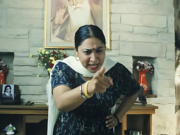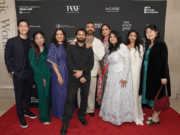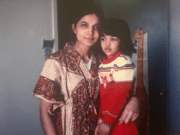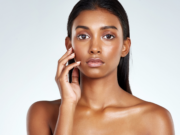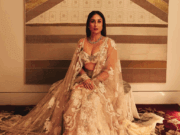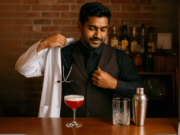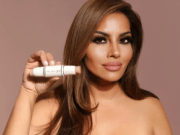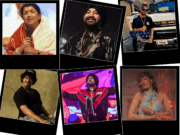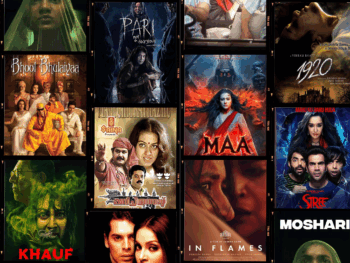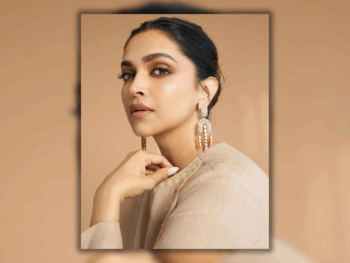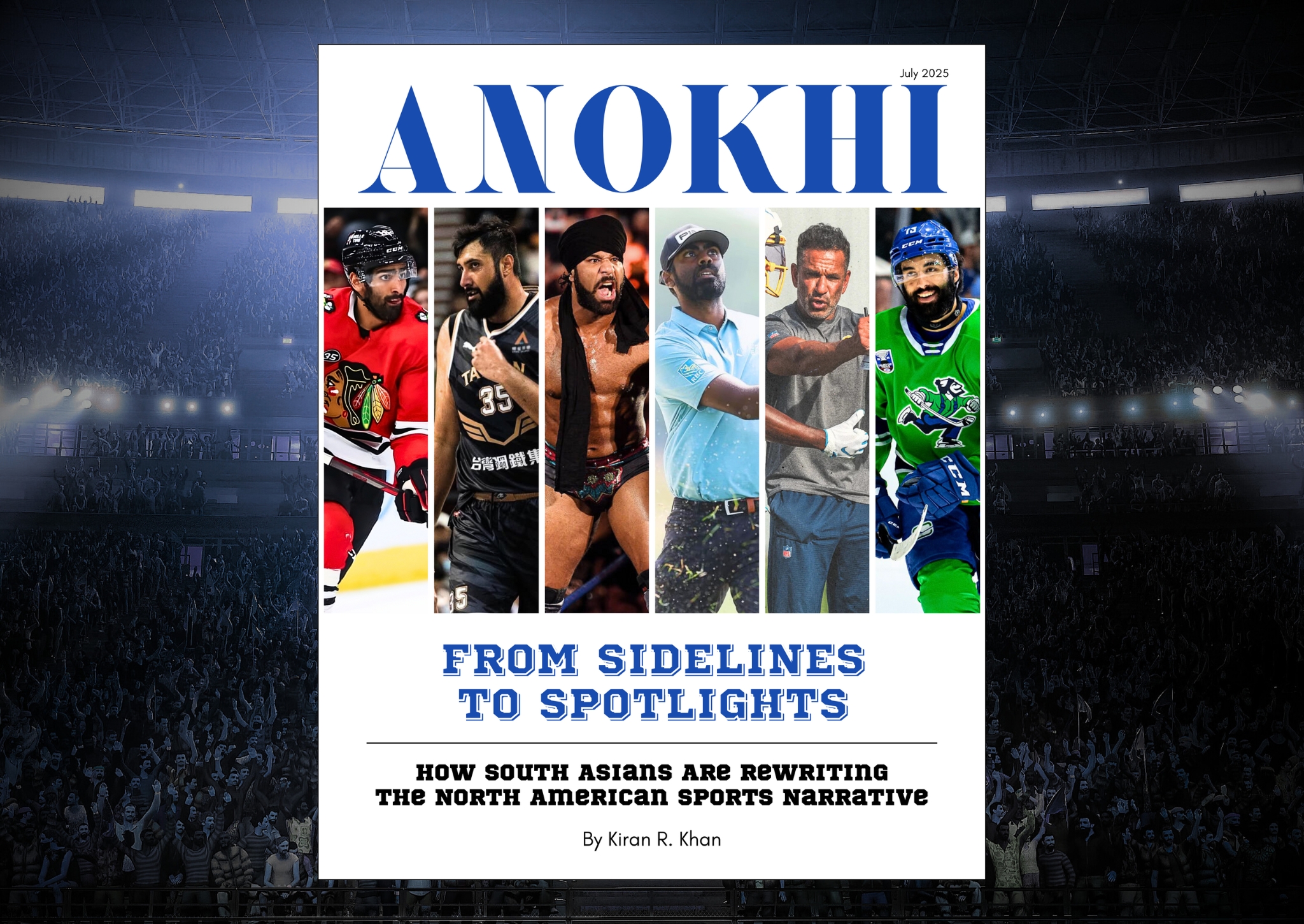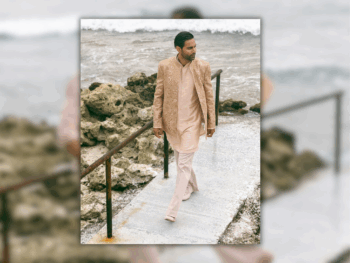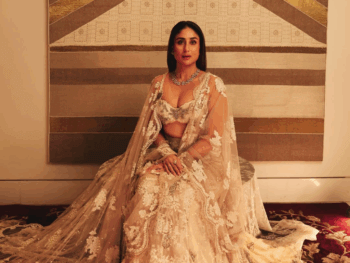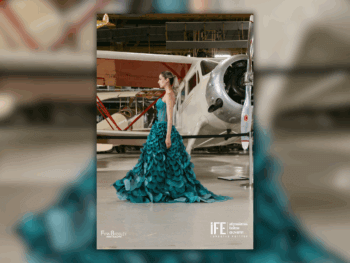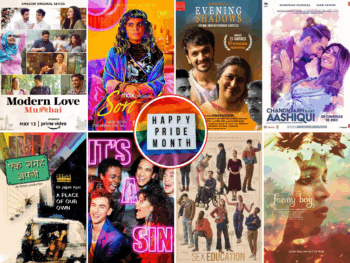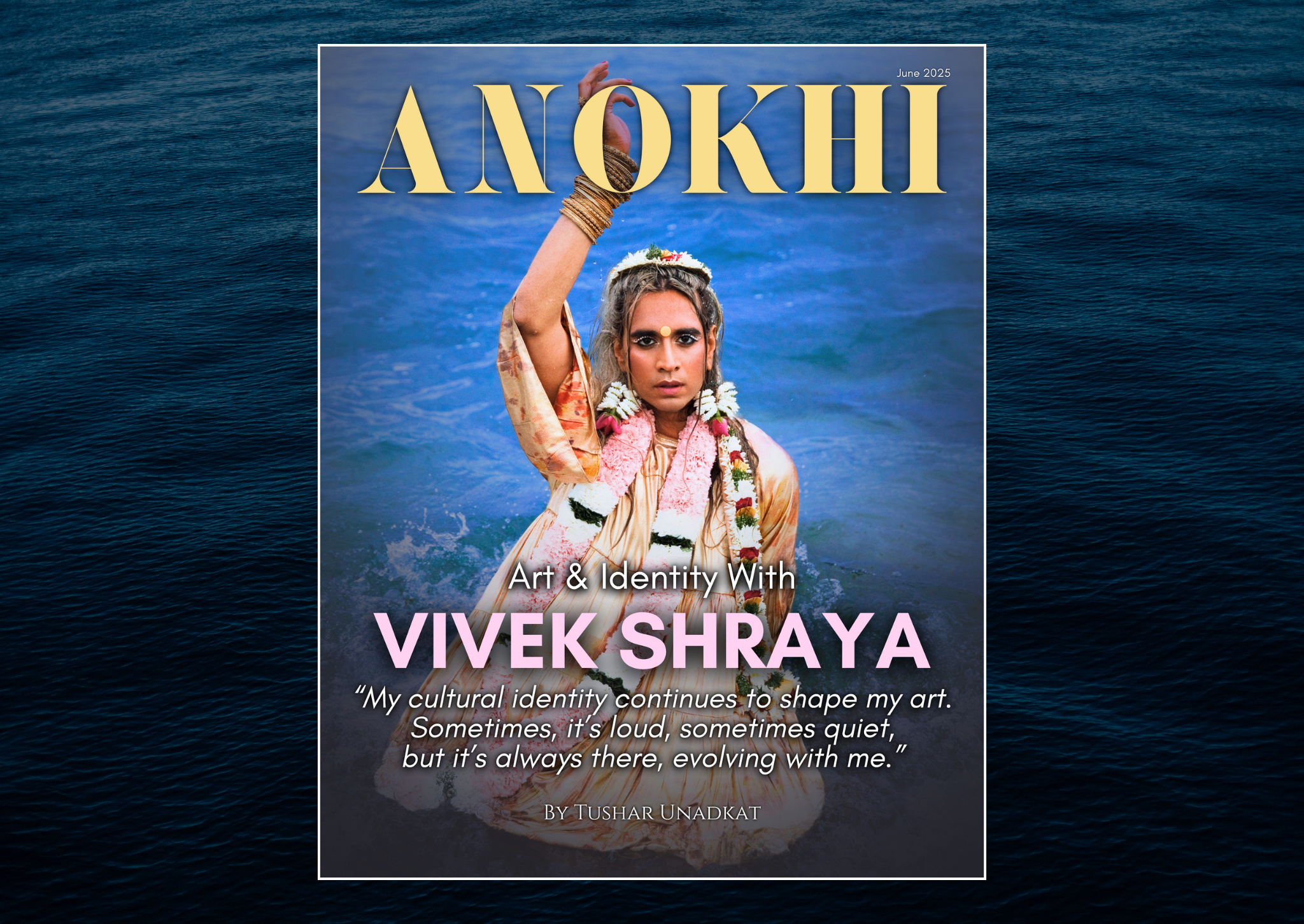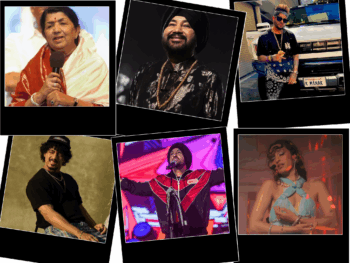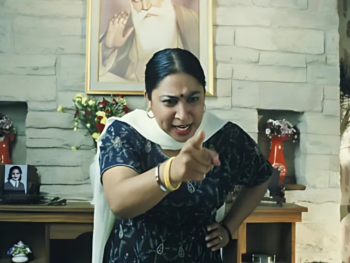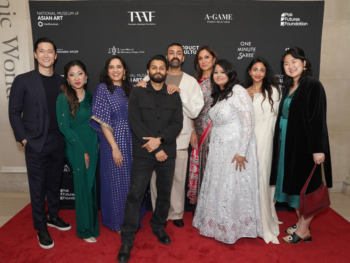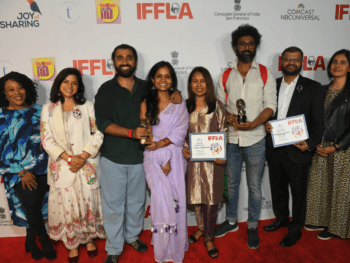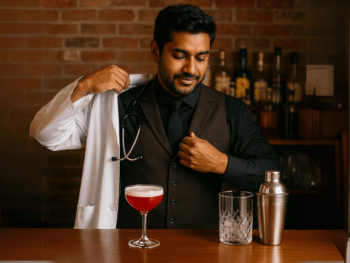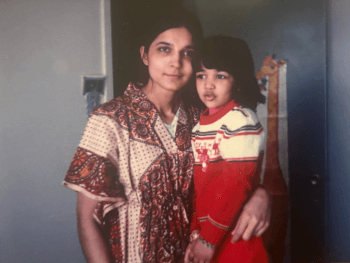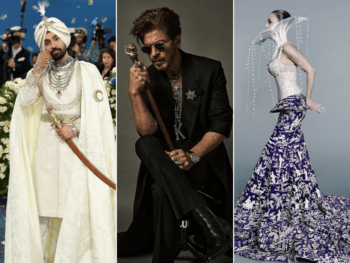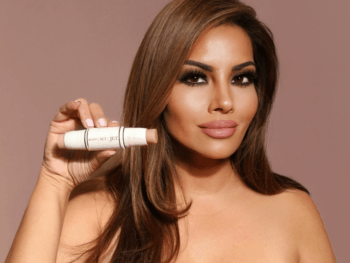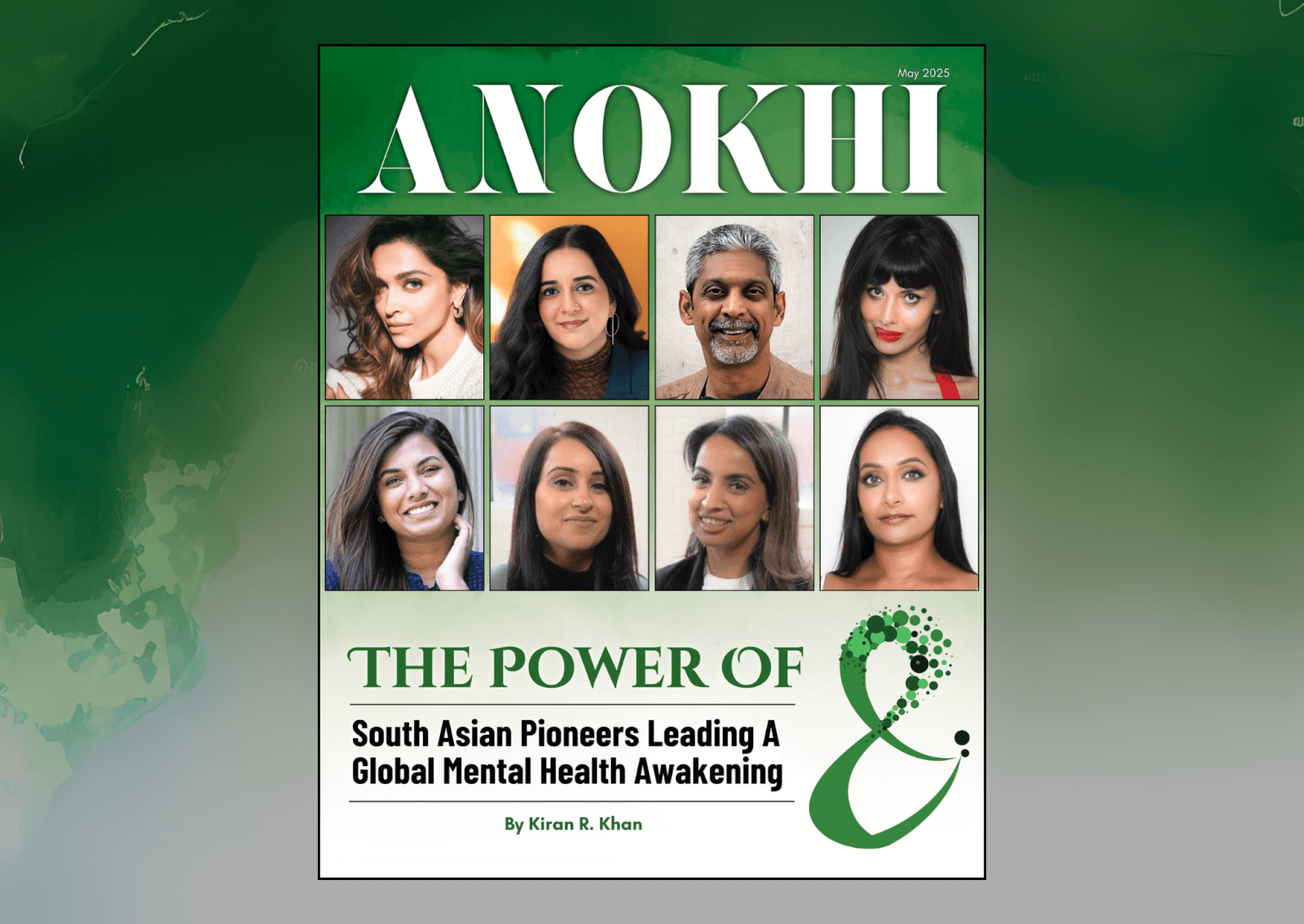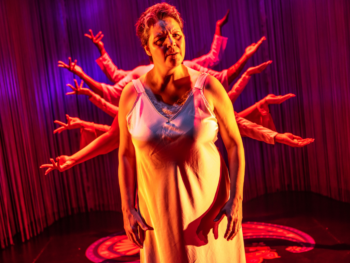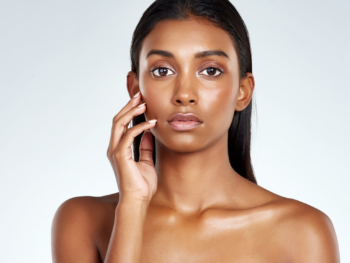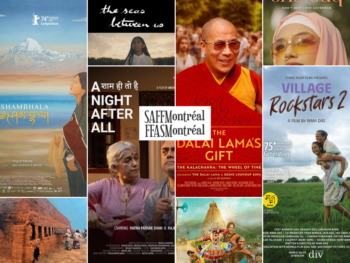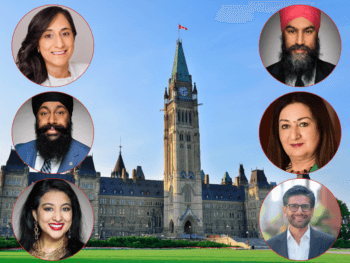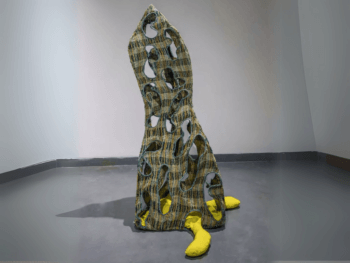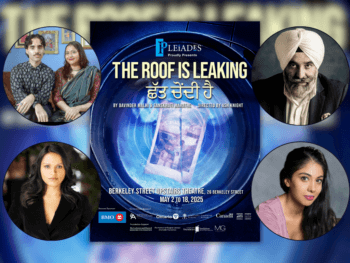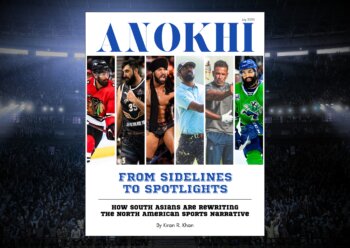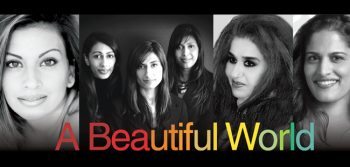
South Asian entrepreneurs make their mark in the mainstream beauty biz world
Find Your Niche
When she was younger, Pinki Gosal scoured cosmetic emporiums in Toronto, searching in vain for a concealer for the dark shadows under her eyes. The problem? She couldn’t find any makeup that matched her yellow-based skin tone. That’s when she decided to take matters into her own hands. Gosal launched Vasanti Cosmetics in 1999 in Toronto with her friend Monal Patel and sister Priti Patel.
“We were frustrated by a lack of great shades and natural-looking makeup available on the market,” says Priti Patel. “Once we realized that a lot of women felt this way, it just seemed like a natural fit. Vasanti is (now) known for having the perfect shades for South Asian women, and that is based on a lot of research and a lot of time spent in the lab finding the right formulations.”
Although today Vasanti has makeup ranges for all skin tones, and Monal Patel explains that that the company really took off as they expanded their diversity mandate to be more inclusive, Vasanti’s Indo-Canadian founders attribute its success to reaching out initially to a niche market. And that focus on ethnicity paid off for Vasanti, whose products are now sold in 150 locations across Canada. Vasanti is but one success story out of a number of South Asian beauty entrepreneurs making their mark on the mainstream market.
Business-savvy women from India to the U.K. and U.S. are discovering the market of ethnic-based beauty.
“(Being a South Asian entrepreneur) actually helped me,” says Shalini Vadhera, the celebrity make-up artist behind Passport to Beauty. “It gave me an authentic point of difference.” Vadhera’s beauty formulations are based on her travels around the world, and she says she’s inspired by what different cultures are doing, from threading to using coconut oil for dry hair.
Vadhera started her career as a freelance makeup artist while getting her degree in international business, and hit the jackpot when NBC Studios called her to work as a makeup artist for The Tonight Show with Jay Leno. Her entrepreneurial break came when Sephora approached Vadhera in 2006. “When I was creating the Passport to Beauty line, word got out that I was creating colour for hard-to-match skin tones,” she says. “Sephora asked to meet, and we launched there first.” Since then, Vadhera has kept an A-list roster beautiful, including the cast of Dancing With the Stars, Simon Cowell, Alec Baldwin, and Entourage’s Emmanuelle Chriqui.
Going Global
The Grand Dame of South Asian beauty, Shahnaz Husain, also got her start by drawing on her cultural roots. Husain is truly a legend in the skincare business, credited with bringing the ancient Indian tradition of Ayurvedic medicine to health and beauty junkies around the world. Husain opened her first herbal salon in 1971 in India after lending her fashion voice to the Iran Tribune and studying at various cosmetology schools.
“During my training in London in cosmetic chemistry, I came across instances of damage caused by chemical treatments,” says Husain. “In a way, these tragic incidents changed the course of my life and career . . . I was determined to find a natural alternative.”
That alternative involved Ayurvedic treatments. Husain started formulating her own products using plant products and natural substances. “It was a totally unique, path-breaking concept,” says Husain of her beauty endeavour, adding that now, her international line has nearly 400 products. The Shahnaz Husain Group has over 400 franchise clinics across the world, covering over 100 countries, and Husain’s products are sold in leading retailers including New York’s Bloomingdale’s, Galeries Lafayette in Paris, Harrods in London, and La Rinascente in Milan. To top it off, Husain was the first person in the beauty industry to receive the Padma Shri Award-a civilian award handed out by the Indian government-for taking Ayurveda across the globe.
Although Husain has worked with a multitude of female powerhouses around the world including Princess Diana, former Indian Prime Minister Indira Gandhi, and Goldie Hawn (Ingrid Bergman once said, “I was a legend, Shahnaz is now one”), for this mega-business woman, the entrepreneurial spirit started closer to home. “Early in my career,” she says, “I started encouraging ordinary housewives to open salons in their own homes so that they could have financial independence and yet be close at hand to care for home and family.”
Husain acknowledges thats her crusader status comes from promoting Ayurvedic treatments and having foresight in an industry that craves freshness. “Today, the whole world is looking towards the Indian philosophies and traditions of yoga, meditation, and Ayurveda,” she says. “(Ayervedic treatments) inspired me to open the windows of the world to India’s great herbal heritage in a practical way through my Ayurvedic treatments and cures.”
Business Boom
Burgeoning companies take note: It’s that authenticity that sets you apart. No doubt, the beauty business largely caters to the Caucasian demographic. But it seems that when South Asian entrepreneurs take the brave plunge in while staying true to their culture and heritage, they reach success and reap incredible rewards.
Thevaki “Thevi” Thambirajah launched her online cosmetics company in the U.S. in 2008. Thevi Cosmetics, originally designed for olive-based and darker skin tones, takes inspiration from the kaleidoscope of Indian complexions.
“We are raising capital to move into retail,” Thambirajah says. “We are planning on expanding, but we want to provide new products that reflect an Indian-inspired lifestyle.” Thambirajah, whose products are used by makeup artists who work with Alicia Keys and the Tyra Banks Show, speaks to the challenges of being a South Asian entrepreneur, explaining that it’s been tough going mainstream. “You get stuck in that ethnic category,” she says. “What appeals to one group doesn’t necessarily work for another.”
Facing the same obstacles, Vasanti works with a panel of 20 shades -from porcelain white to the darkest mocha skin tones-in order to find the perfect makeup match. “Every single product that we have is checked against all the different shades,” says Gosal, “because we want the same tube of lipstick to work on all skin tones.”
It’s not just women taking the beauty industry by South Asian storm. A Sikh male, Harv Virdee, launched GlamSpot Cosmetics (formerly known as Gspot Cosmetics), in March 2008 in the U.K. Referring to how he came up with the company name, Virdee explains, “It just stemmed from a moment of pure spontaneity. I was thinking about what I want my brand to represent- sensuality, richness, strength, and sex appeal -then I hit the spot,” he laughs.
Virdee echoes the sentiments of Vadhera: That being a South Asian in the beauty business hasn’t been a challenge for him. “There is definitely room for South Asian entrepreneurs as there is a shortage of them,” he says. “No challenges at all-if anything, everyone speaks positively and congratulates me. Not only for a cosmetics brand for Asian skin, but also for being a male.” Virdee’s advice for would-be beauty entrepreneurs: “Invest in making your product high in quality. Then it will grow through word of mouth, the most effective promotional tool of all.”
BY: TAMARA BALUJA / PUBLISHED: MARCH/APRIL 2010 ISSUE
(PHOTOS COURTESY OF SHALINI VADHERA, VASANTI COSMETICS, SHAHNAZ HUSAIN, THEVAKI THAMBIRAJAH)
COMMENTS
YOU MAY ALSO LIKE
Newsletter Sign Up
Subscribe to our FREE newsletter for all of the latest news, articles, and videos delivered directly to your inbox each day!




